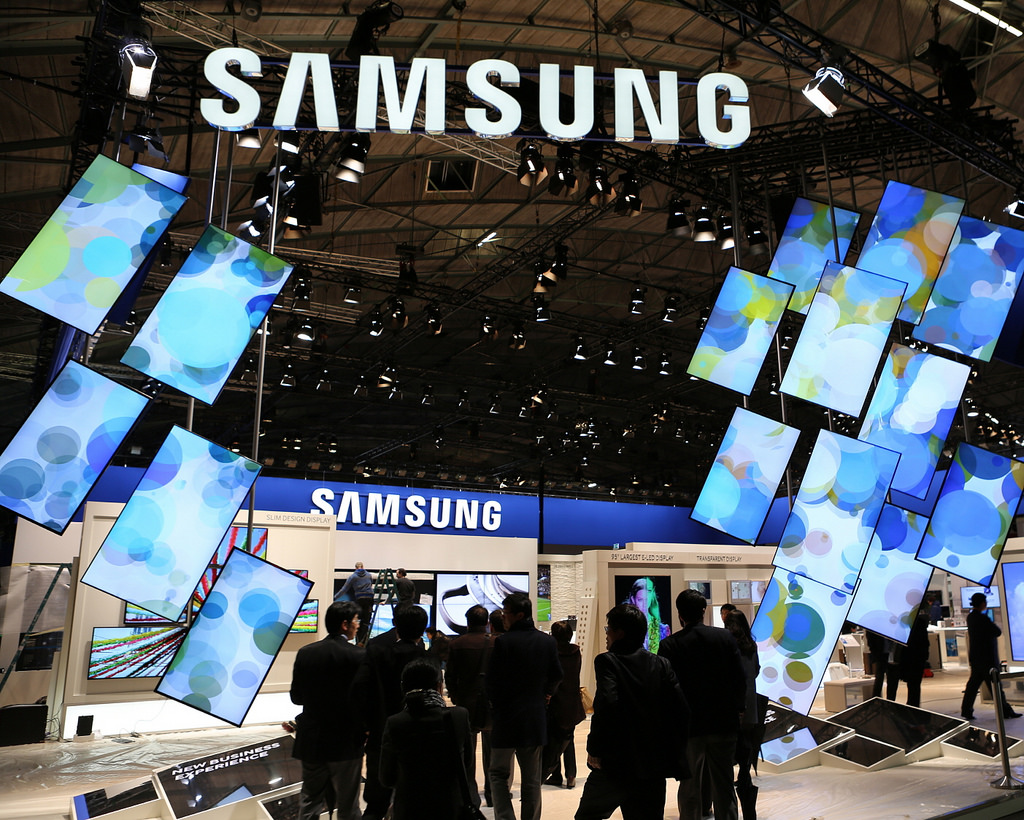 APPS
APPS
 APPS
APPS
 APPS
APPS
Samsung Electronics Co. Ltd. won a key courtroom battle against its rival Apple Inc. Tuesday when the U.S. Supreme Court threw out a $399 million judgment against it for copying parts of the iPhone design in its own devices.
The ruling, which went 8-0 against Apple, means that the long-running case between the two smartphone makers will be referred back to the lower courts to re-evaluate how much compensation Apple is due.
The Supreme Court agreed to hear the case earlier this year after being petitioned by Samsung. Apple had originally filed a lawsuit against its competitor way back in 2011, claiming that Samsung had copied several features of its iPhone for which it holds patents. Specifically at issue was Samsung’s use of a flat screen, a rounded rectangle device shape and the layout of icons on the device itself.
Although many of the design characteristics that Samsung copied might seem to be fairly obvious, Apple’s patents of those designs lead to its winning the original case. The judge in the original trial later awarded Apple almost $1 billion in damages, though this was subsequently reduced to $548 million on appeal. Samsung then took its case to the high court to challenge $399 million of that amount.
The issue at stake was not whether Samsung had infringed on Apple’s patents, but how much the company should have to pay in compensation. The original trial judge had calculated the amount based on an 1887 law that stipulates patent infringers cough up the “total profit.” As such, that meant Samsung would have to give up all of the profits from its smartphone sales.
But the Korean firm argued that this was unfair, and that it should only be liable for the profits that were actually related to the copied components. It noted that the devices were composed of technologies covered by more than 200,000 patents not owned by Apple.
In its ruling, the Supreme Court agreed with Samsung. Supreme Court Justice Sonia Sotomayor explained that damages should be limited to only the components of a product, rather than the full product. As such, Samsung will not have to pay the full $399 million, as the patented technologies it copied from Apple are only a small part of its devices.
Not surprisingly, Samsung proclaimed a victory for innovation and competition. “The U.S. Supreme Court’s landmark decision today is a victory for Samsung and for all those who promote creativity, innovation and fair competition in the marketplace,” the company said in a statement. “We thank our supporters from the world’s leading technology companies, the 50 intellectual property professors, and the many public policy groups who stood with us as we fought for a legal environment that fairly rewards invention and fosters innovation.”
Apple and Samsung will now have to return to the lower courts to find common ground on new terms for damages.
“The question before the Supreme Court was how to calculate the amount Samsung should pay for their copying,” Apple said in a statement. “Our case has always been about Samsung’s blatant copying of our ideas, and that was never in dispute. We will continue to protect the years of hard work that has made iPhone the world’s most innovative and beloved product. We remain optimistic that the lower courts will again send a powerful signal that stealing isn’t right.”
THANK YOU